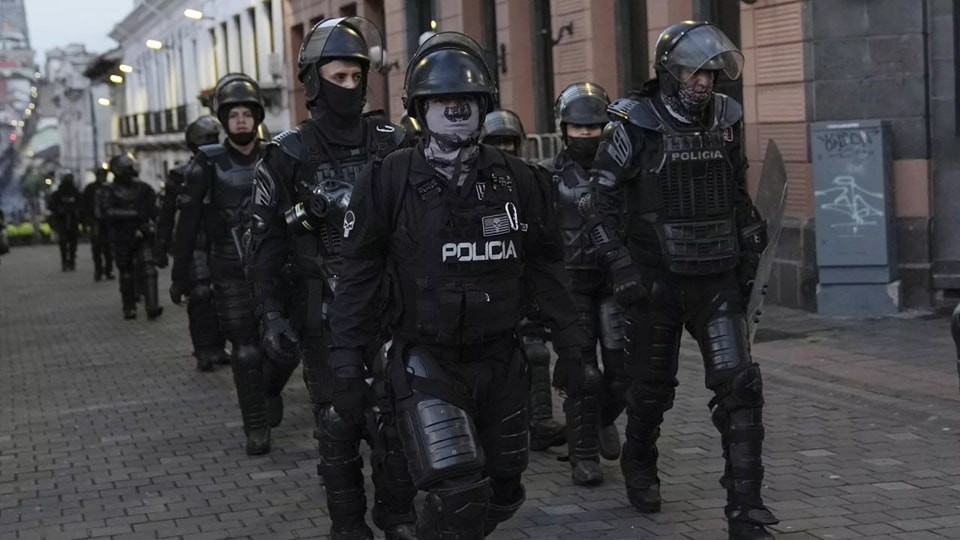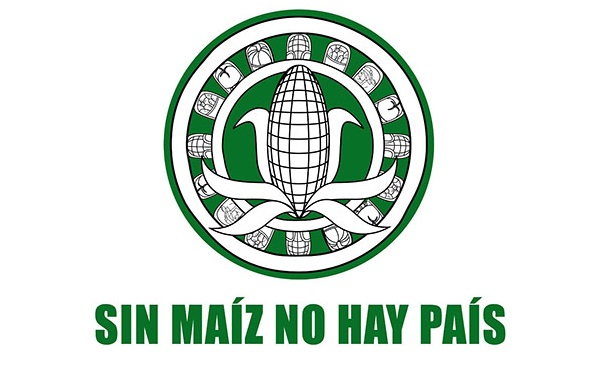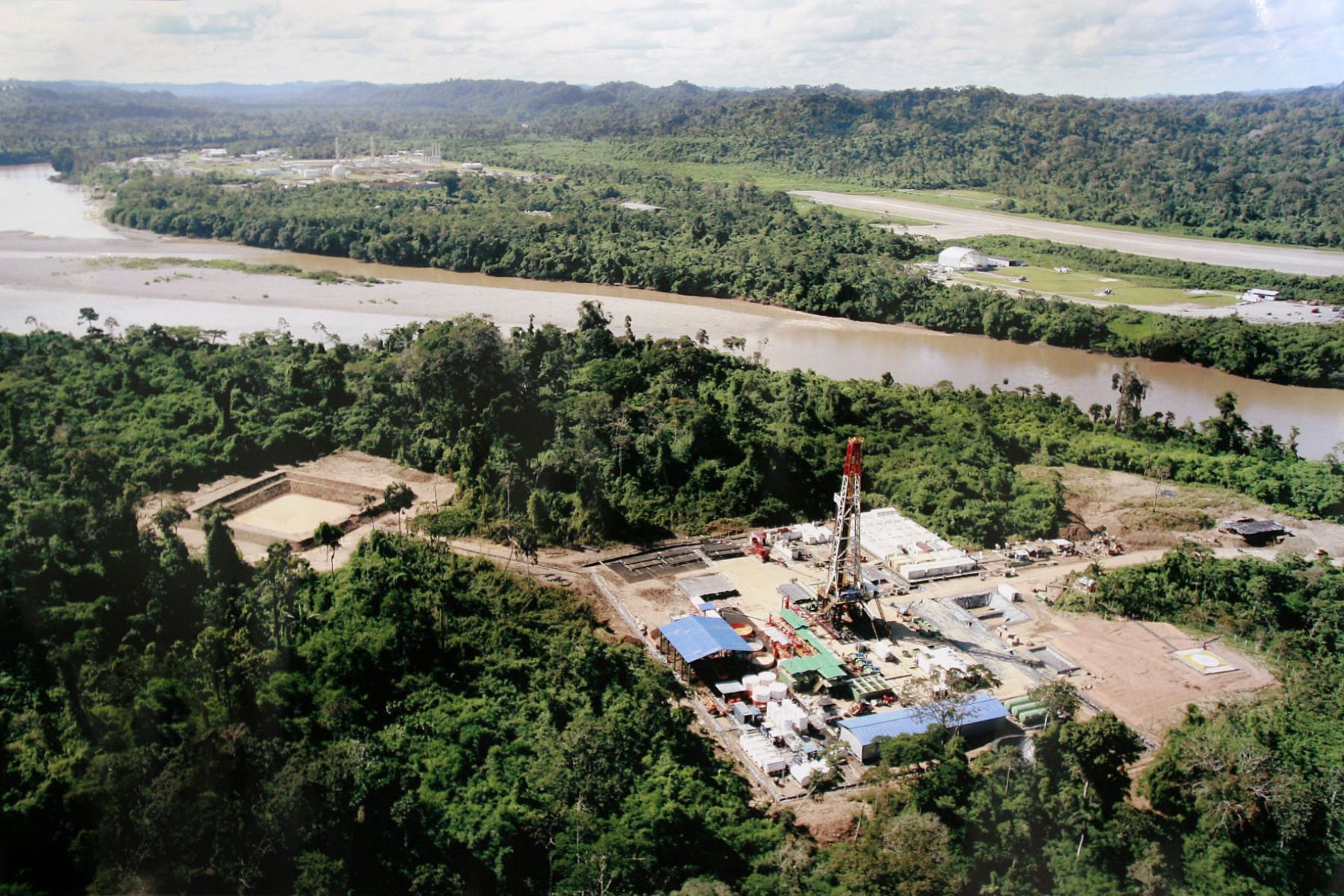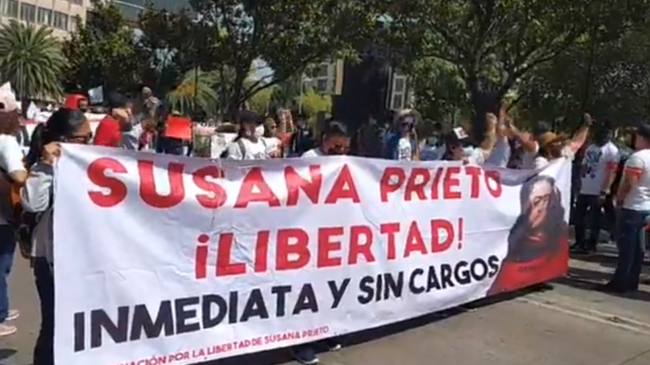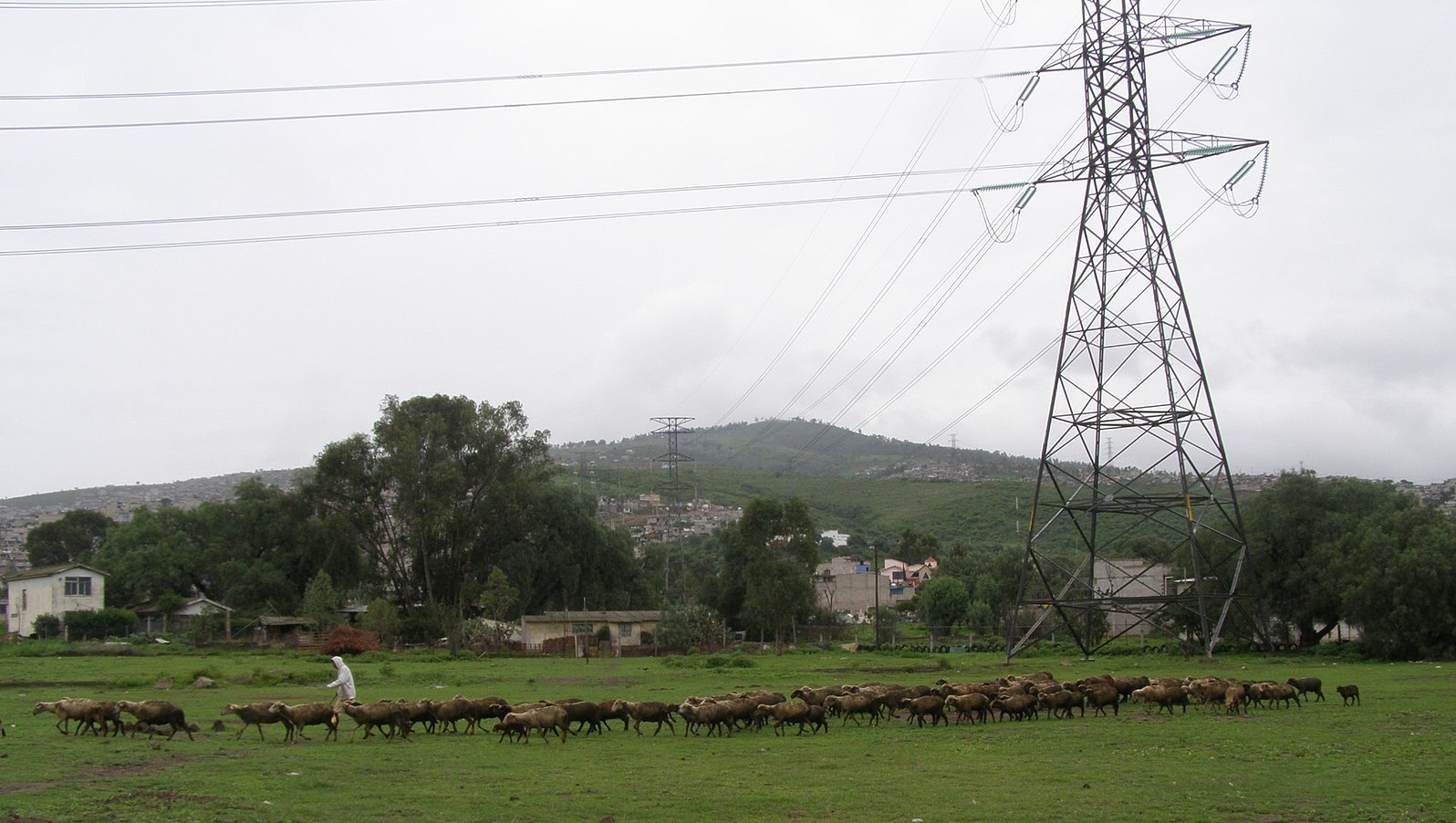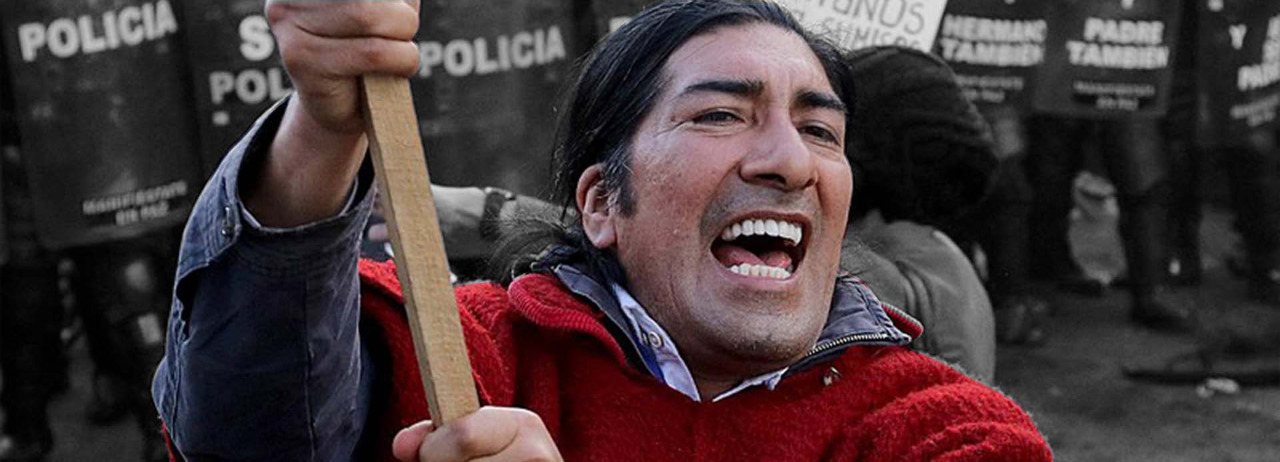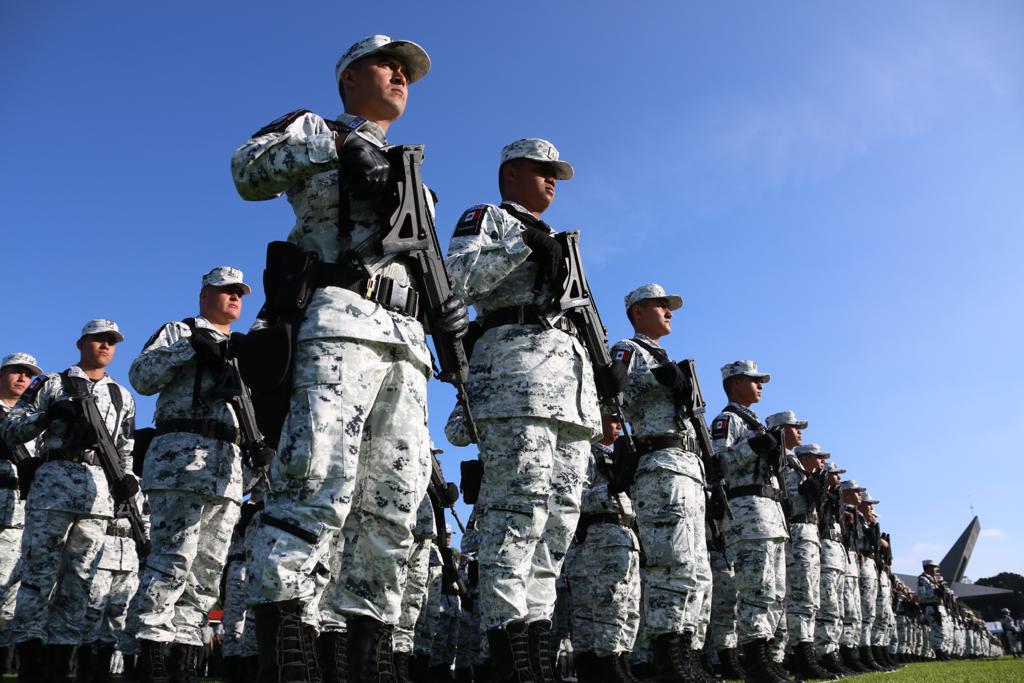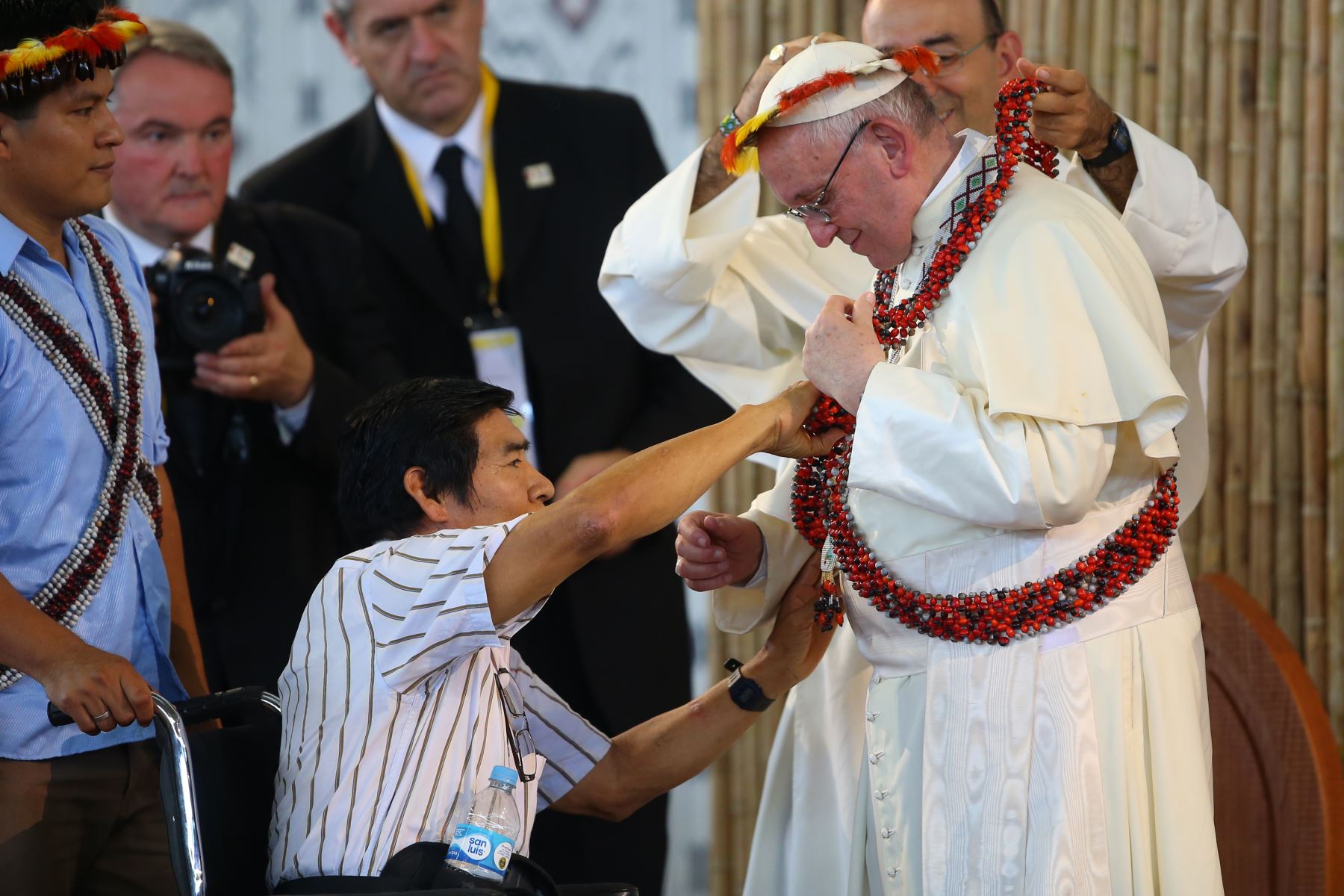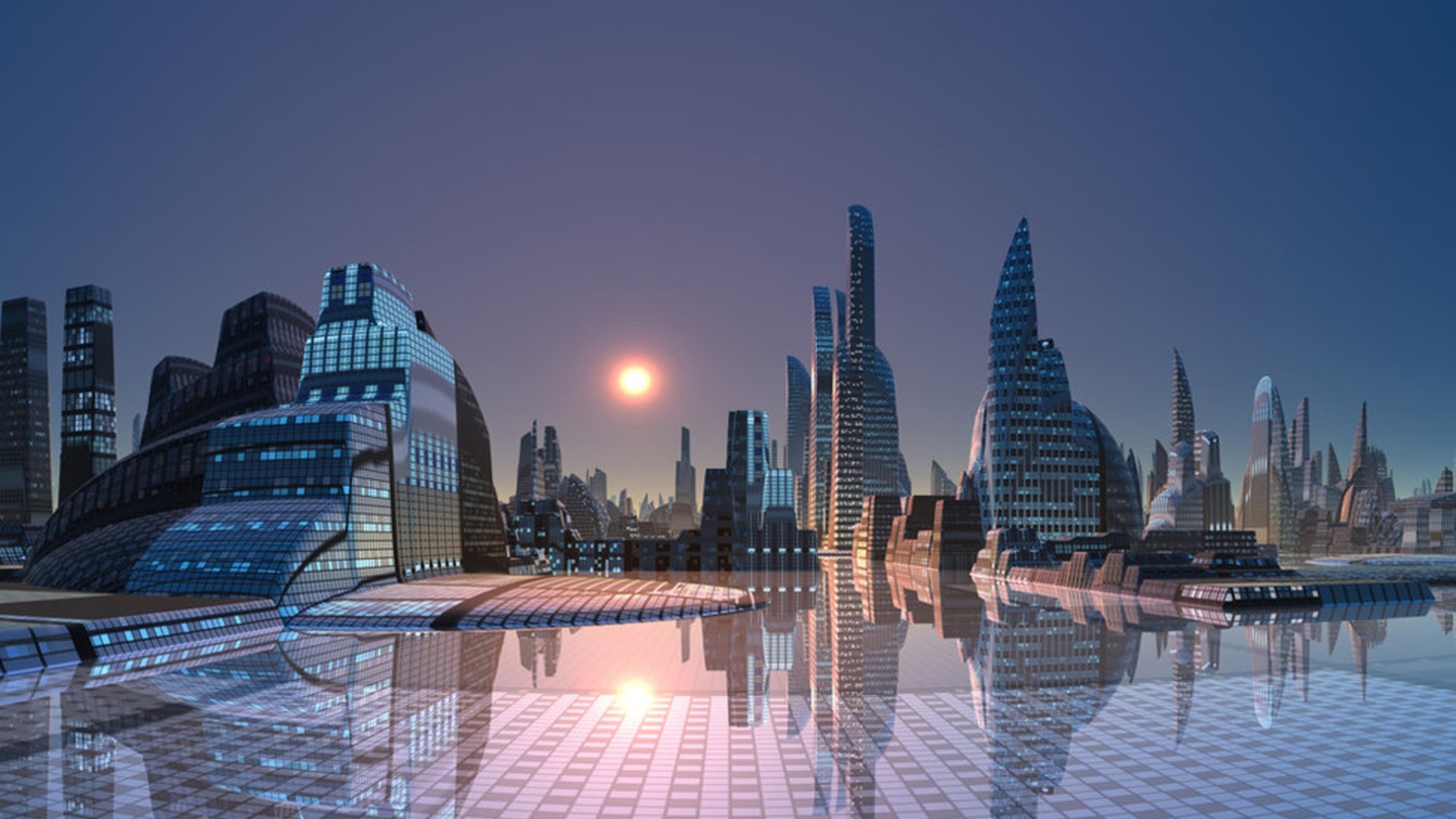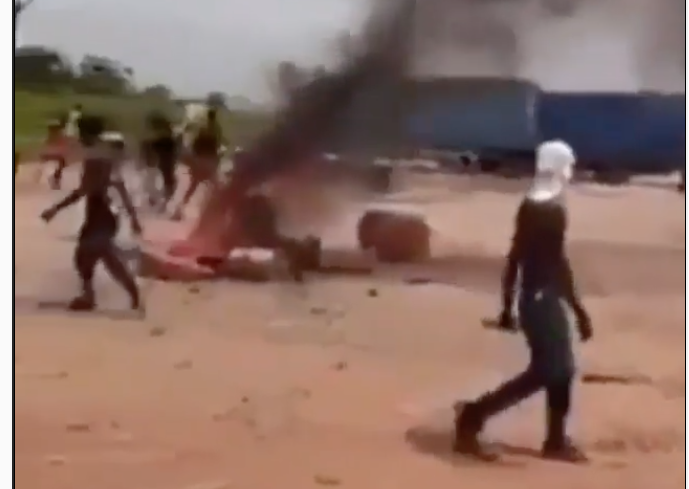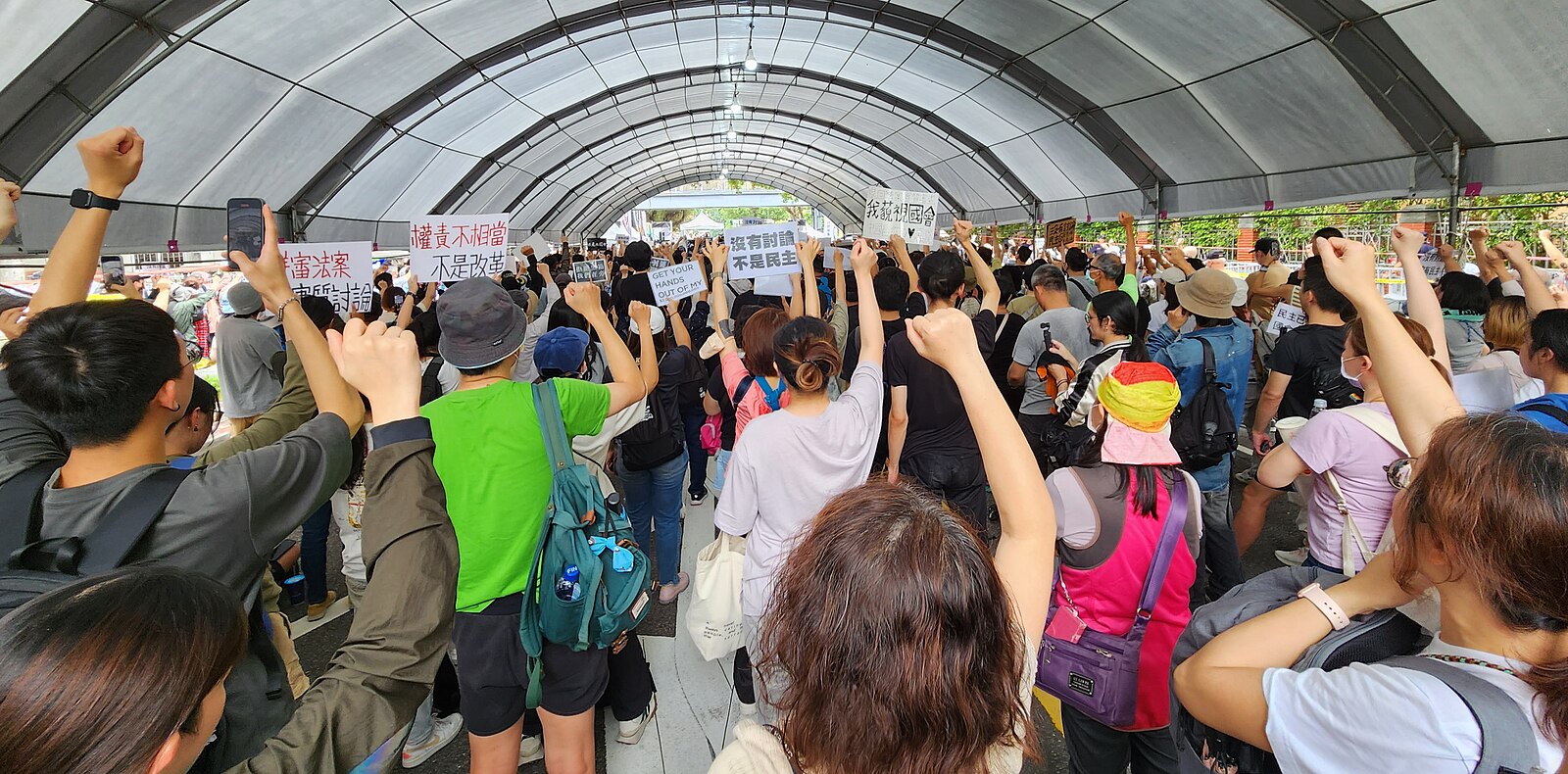
Protesters surround Taiwan parliament
Some 30,000 Taiwanese demonstrators surrounded the Legislative Yuan, the island’s parliament, one day after Lai Ching-te of the Democratic Progressive Party (DPP) was sworn in as president. They were protesting against the legislative majority’s attempts to enact new laws they say would unconstitutionally limit the power of the executive. Three days before the inauguration, physical conflict broke out among lawmakers on floor of the Legislative Yuan, with five briefly hospitalized. The DPP, while winning the presidency, failed to maintain a legislative majority in the January election, leaving the opposition Kuomintang to form a majority coalition. The Kuomintang favors closer ties with China, while the DPP upholds Taiwan’s de facto independence. Beijing responded to Lai’s inauguration with menacing naval maneuvers, completely surrounding Taiwan with warships. The protest at the Legislative Yuan evokes memories of the 2014 Sunflower Movement, when activists occupied the parliament chamber for 24 days to oppose a free trade agreement with China being pushed by the then-Kuomintang government. (Photo: Kanshui0943 via WikimediaCommons)



